By Noam N. Levey | KFF Health News
ROCHESTER, N.Y. — Jolynn Mungenast spends her days looking for ways to help people pay their hospital bills.
Working out of a warehouse-like building in a scruffy corner of this former industrial town, Mungenast gently walks patients through health insurance options, financial aid, and payment plans. Most want to pay, said Mungenast, a financial counselor at Rochester Regional Health. Very often, they simply can’t.
“They’re scared. They’re nervous. They’re upset,” said Mungenast, who on one recent call worked with an older patient to settle a $143 bill. “They do think ‘I don’t want this to affect my credit rating. I don’t want you to come take my house.’”
At Rochester Regional Health, that won’t happen. The nonprofit system in upstate New York is one of only a few nationally that bar all aggressive collection activities. Patients who don’t pay won’t be taken to court. Their wages won’t be garnished. They won’t end up with liens on their homes or be denied care. And unpaid bills won’t sink their credit scores.
American hospital officials often insist that lawsuits and other aggressive collections, though unsavory, are necessary to protect health systems’ finances and deter freeloading.
But at Rochester Regional, ditching these collection tactics hasn’t hurt the bottom line, said Jennifer Eslinger, chief operating officer. The system has even been able to move staff out of its collections department as it spends less to go after patients who haven’t paid.
Eslinger said there’s been another benefit to the change: rebuilding trust with patients.
“We think and talk a lot and strategize a lot about where is the distrust in health care,” she said. “We have to remove that as a barrier to meaningful health care. We have to get the trust with the populations that we serve so that they can get the care that they need.”
‘Folks Cannot Afford This’
Rochester Regional, a large health system serving a wide swath of communities along the south shore of Lake Ontario, is big, with more than $3 billion in annual revenue.
But in a place where once-mighty employers like Kodak and Xerox have withered, finances can be challenging. In 2022, Rochester Regional finished nearly $200 million in the red.
Patients have their own challenges. Unable to afford their bills, many ended up in collections, or even on the receiving end of lawsuits. “We would go to court,” acknowledged Lisa Poworoznek, head of financial counseling at Rochester Regional.
Then, before the pandemic, hospital leaders looked more closely at why patients weren’t paying.
The barriers became clear, Poworoznek said: confusing insurance plans, high deductibles, and inadequate savings. “There are so many different situations that patients have,” she said. “It’s really just not as simple as demanding payment and then filing legal action.”
Nationally, nearly half of adults are unable to cover a $500 medical bill without going into debt, a 2022 KFF poll found. At the same time, the average annual deductible for a single worker with job-based coverage now tops $1,500.
Instead of chasing people who didn’t pay — a costly process that often yields meager returns — Rochester Regional resolved to find ways to get patients to settle bills before collections started.
The health system undertook new efforts to enroll people in health insurance. New York has among the most robust safety-net systems in the country.
Rochester Regional also bolstered its financial assistance program, making it easier for low-income patients to access free or discounted care.
At many hospitals, applying for aid is complicated — long applications that demand extensive information about patients’ income and assets, including cars, retirement accounts, and property, KFF Health News has found. Patients applying for aid at Rochester Regional are asked to disclose only their income.
Finally, the health system looked for ways to get more people on payment plans so they could pay off big bills over a year or two. Importantly, the payment plans are interest-free.
That was a change. Rochester Regional, like some other major health systems across the country such as Atrium Health, used to rely on financing companies that charged interest, which could add thousands of dollars to patients’ debts.
“Folks cannot afford this,” Poworoznek said.
Ending ‘Extraordinary Collection Actions’
Working more closely with patients on their bills allowed Rochester Regional to stop taking them to court.
The health system also stopped reporting people to credit bureaus, a practice many medical providers use that can depress consumers’ credit scores, making it harder to rent an apartment, get a car loan, or even get a job.
In 2020, Rochester Regional adopted a written policy barring all aggressive collections by the system or its contracted collection agencies.
That put Rochester Regional in select company. A 2022 KFF Health News investigation of billing practices at 528 hospitals around the country found just 19 that explicitly prohibit what are called extraordinary collection actions.
Among them are leading academic medical centers, including UCLA and Stanford University, but also community hospitals such as El Camino Hospital in California’s Bay Area and St. Anthony Community Hospital outside New York City.
Also barring extraordinary collection actions: the University of Vermont Medical Center; Ochsner Health, a large New Orleans-based nonprofit; and UPMC, a mammoth system based in Pittsburgh. Like Rochester Regional, UPMC officials said they were able to scrap aggressive collections by developing better systems that allow patients to pay off their bills.
Elisabeth Benjamin, a vice president at the Community Service Society of New York, a nonprofit that has led efforts to restrict aggressive hospital collections, said there’s no reason more hospitals shouldn’t follow suit, particularly nonprofits that are expected to serve their communities in exchange for their tax-exempt status.
“The value is to promote health, to care about a population, to promote health equity,” Benjamin said. “Suing people for medical debt or engaging in extraordinary collection actions is really anathema to all those values,” she said. “Forget about your ‘cancer-mobile’ or your child vaccination clinic.”
Rochester Regional’s approach doesn’t eliminate medical debt, which burdens an estimated 100 million people in the U.S. And payment plans like those the system encourages can still mean big sacrifices for some families.
But Benjamin applauded Rochester Regional’s ban on aggressive collections. “I give them big props,” she said. “It never should have been allowed.”
New laws in New York now prohibit all medical bills from being reported to credit bureaus and restrict other collection tactics, such as wage garnishments.
Many hospital finance officials nevertheless say they need the option to pursue patients who have the means to pay.
“Maybe it’s on a very specific case where there is an issue with someone just not paying their bill,” said Richard Gundling, a senior vice president at the Healthcare Financial Management Association, a trade group.
But at Rochester Regional’s finance offices, officials say they almost never find patients who just refuse to pay. More often, the problem is the bills are simply too big.
“People just don’t have $5,000 to pay off that bill,” Poworoznek said.
On her calls with patients, Mungenast tries to reassure the patients on the other end of the line. “Put yourself in their shoes,” she said. “How would it be if that was you receiving that?”
KFF Health News is a national newsroom that produces in-depth journalism about health issues and is one of the core operating programs at KFF—an independent source of health policy research, polling, and journalism. Learn more about KFF.
Image: of Rochester General Hospital via https://www.rochesterregional.org/

